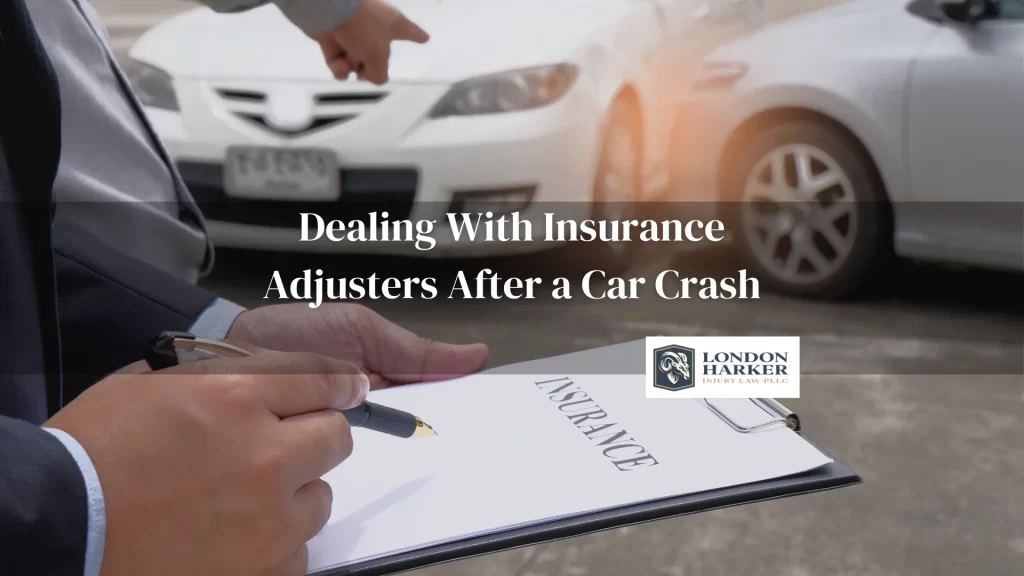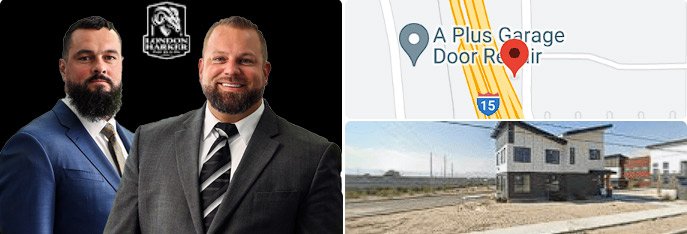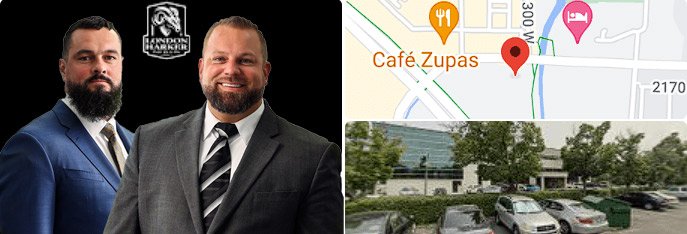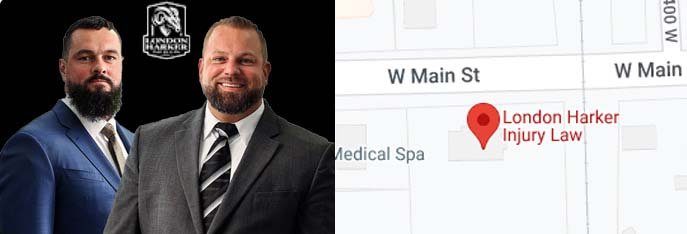Posted on Tuesday, November 28th, 2023 at 9:00 am

In Utah, after you’ve been injured in a car crash caused by someone else’s negligence, your first recourse is to get your medical expenses and lost wages covered by your Personal Injury Protection (PIP) insurance. If you exceed that policy limit or your injury qualifies as a “serious injury” under Utah law, you can file a claim with the at-fault party’s insurer.
Either way, you’ll find yourself dealing with an insurance adjuster while trying to get the money you need to cover your expenses. Dealing with insurance companies isn’t always easy. Here’s some information about managing communication with an insurance adjuster after a car accident.
The Insurance Adjuster’s Role
An insurance adjuster’s job is determining whether you have a valid claim and, if so, how much money the insurance company will pay you. If you talk to an adjuster, remember that even though they’re friendly, they work for the company. Your best interests are not their priority.
In addition to investigating the accident, their job is to keep payouts as low as possible. After all, insurance companies are businesses. Adjusters examine the circumstances of the accident to determine the cause. They’ll interview the policyholder and any witnesses, review the police report and your medical records, and determine what they believe your claim is worth.
Talking to the Insurance Adjuster
After an accident that injured you, your best option is to hire a Utah car accident attorney to take your case. When the adjuster calls, give your name, contact details, and basic factual information about the crash. Refer them to your attorney for more details. Don’t answer any questions about how you feel or what you think caused the accident. Stick to the truth, keep it short and simple, and don’t admit fault or accept blame. It is essential not to give more information than necessary.
Questions Insurance Adjusters May Ask Following a Car Accident
Insurance adjusters will attempt to get as much information from you as possible about the accident. They’re trying to get any information they can use to deny or reduce the amount of your settlement. These types of questions are common:
- They will ask about your vehicle’s make, model, and year and whether you are the registered owner.
- The adjuster will ask for the date of the accident, time and location, and the direction you were going at the time.
- The adjuster will want to know if you wore a seatbelt when the collision occurred.
- They will ask whether police responded to the crash and if they filed a report.
- The adjuster will ask whether the airbags are deployed.
- They’ll ask if you were injured in the crash and if you’re okay.
Tactics The Adjuster Could Try to Use Against You
Insurance adjusters are skilled at getting information from car accident victims that they can use to devalue their claims. Those tactics might include the following:
- Asking how you are seems innocent enough, but your answer can harm your case. People automatically say they are “okay” or “fine,” even if they aren’t. An automatic response can give the adjuster evidence, in your own words, that your injuries weren’t serious.
- Don’t say yes when an insurance adjuster asks for access to your medical records. If you permit them to look at your records without confining them to the date of injury through the present, they can look at all of your medical records, not just those related to your accident. They’ll do their best to find something that qualifies as a pre-existing condition and claim that your injuries were from that, not from the accident.
- Adjusters sometimes use extended stalling tactics to drag out the time to settle a claim. After all, the longer they wait, the more desperate the claimant becomes, especially if they are injured and cannot work. This is a two-pronged tactic. First, the more desperate you are, the more willing you might be to accept any settlement, no matter how deficient the amount. Second, if the adjuster delays long enough, Utah’s statute of limitations could prevent you from pursuing the money you need through a lawsuit.
- They may also transfer your case to another adjuster. That adjuster will require more time to get up to speed on your case, or maybe they’ll go over the same ground the original adjuster covered without moving your case forward.
- The adjuster might tell you that you don’t need a lawyer. They could say that you’d get a settlement anyway, but the lawyer would take a chunk of your money for doing nothing. Insurance companies employ their own legal teams that fight to pay out as little as possible. They do not want a level playing field where an injured claimant has their own attorney.
The Insurance Company Wants You to Accept the First Settlement Offer

Insurance companies are notorious for making initial settlement offers as low as possible after an accident. An injured claimant cannot work watches daily as their medical and other bills mount up. This is one of the insurance industry’s best tactics. Worrying about their finances often makes a claimant accept this low offer.
If you accept a settlement offer before your medical treatment is complete, medical costs and other losses will continue to add up. When you agree to accept a settlement, you agree to release the at-fault party and their insurer from any further liability. You can no longer ask the insurer for additional compensation when you do that.
Call London Harker Injury Law for Help Today
The Utah car accident lawyers of London Harker Injury Law have the experience, tenacity, and resources to help you in your time of need. We know all the insurance company’s tricks and how to counter them effectively.
Are you experiencing problems dealing with your insurance company after an accident or need legal assistance? Contact us for your free case review today. Call us at 77CARCRASH to talk with one of our seasoned car accident lawyers. You also have the option of contacting us online. Don’t try to handle the insurance company on your own. Call now.
Related Posts
Car Accident Settlements: Process and Timeline



